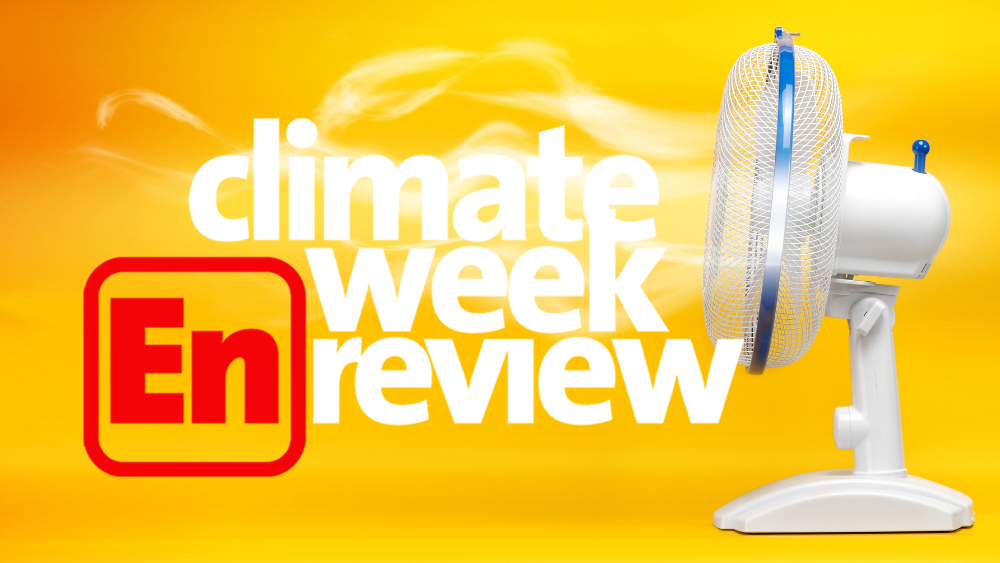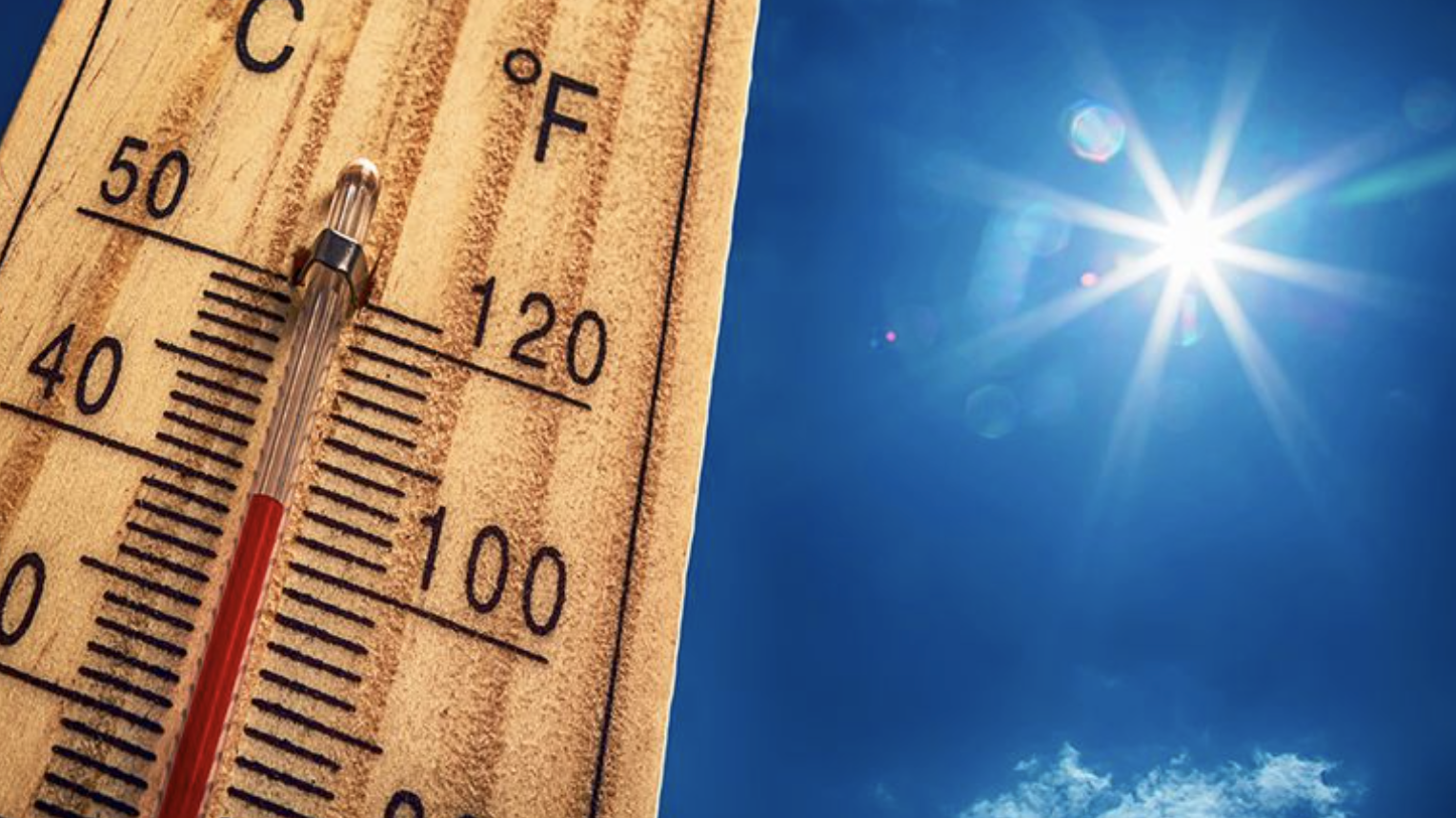
It’s Friday and if you’re a resident of this Earth, we broke some global heat records this week. 🥵 Read deeper in the post for more on our sweltering summer—and what it means.
This week’s must read: a two-fer! Mary Anna Mancuso is back with two published pieces over the long July 4th weekend.
Up first, in Real Clear Energy, Climate Change: Get Your Snorkel Ready:
A snippet: “As the earth continues to heat up at an unprecedented rate due to human-caused greenhouse gasses, scientists estimate by 2050, sea levels across the U.S. could have risen by an average of 10 to 12 inches. Causing parts of the country to be underwater. Cities like Miami, New Orleans, New York, and San Francisco. These are just a few of the many cities which could be affected by climate change by 2050. If we do not take action now, millions of people could be displaced.
And her second piece, published in The Invading Sea, Partisan divide over climate change is narrowing in Florida:
“The narrowing partisan divide over climate change in Florida is a positive development, a sign that more and more Floridians are not only recognizing the threat posed by climate change but are becoming open to taking action to address it,” she writes. “This provides Florida a unique opportunity to serve as a role model for other states and use the opportunity to show the country how to work across party lines to solve the climate crisis.”
(The Tampa Bay Tribune and Sun Sentinel both reposted her op-ed, which makes us extra proud.)

Oops, we did it again: breaking heat records
Were you hot over the Independence Day extended weekend? If so, you weren’t alone. On July 3rd, the world broke a record when the average global temperature reached 62.62 Fahrenheit (17.01 degrees Celsius), surpassing the August 2016 record of 62.46F (16.92C) as heatwaves were felt around the world.
Then we did it again the next day.
According to the U.S. Centers for Environmental Prediction we nudged that number up, hitting 62.92 degrees Fahrenheit (17.18 degrees Celsius) on the 4th of July, making it potentially the hottest day in 125,000 years.
As for what this means for climate change? “It just raises everybody’s awareness that this is not getting better; it’s getting worse,” says Jennifer Francis, senior scientist at the Woodwell Climate Research Center in Massachusetts. “My hope is that we’ll raise alarm bells by breaking a new record and that will help motivate people to do the right thing and stop ignoring this crisis.”
The last previous hottest year on record came in 2016, during another El Nino period, which is cycling back after a four-year break. 2023 is on target to be the 3rd hottest ever, based on the first half of the year’s trends.
LTE of the week: from the Salt Lake Tribune
In support of permitting reform, needed to get clean energy projects online in order to stave off the financial implications of climate change, rising insurance costs.
“On average, it currently takes federal agencies 4.5 years to complete environmental impact statements for major new projects, a timeline most experts believe can be safely streamlined. Of the new projects awaiting permits, 95% are for clean energy — the strong demand of the market has spoken loud and clear,” the author writes.
Think globally, act locally
We recently reported on findings by the Yale Program on Climate Change Communication, but the part of the story we didn’t share is the vast support for efforts at the local level for policies and investments that reduce greenhouse gases. In fact, 86 percent of registered voters support expanding public transportation and 76 percent support installing local bike lanes and paths.
“Those numbers of wide agreement include the conservatives,” noted our Executive Director, Bob Inglis, to the Post and Courier. “And I think it’s because these local climate-friendly policies are actually achievable, which is really helpful in reaching across the political spectrum.”
Friends, this is where I leave you! Happy weekending.
